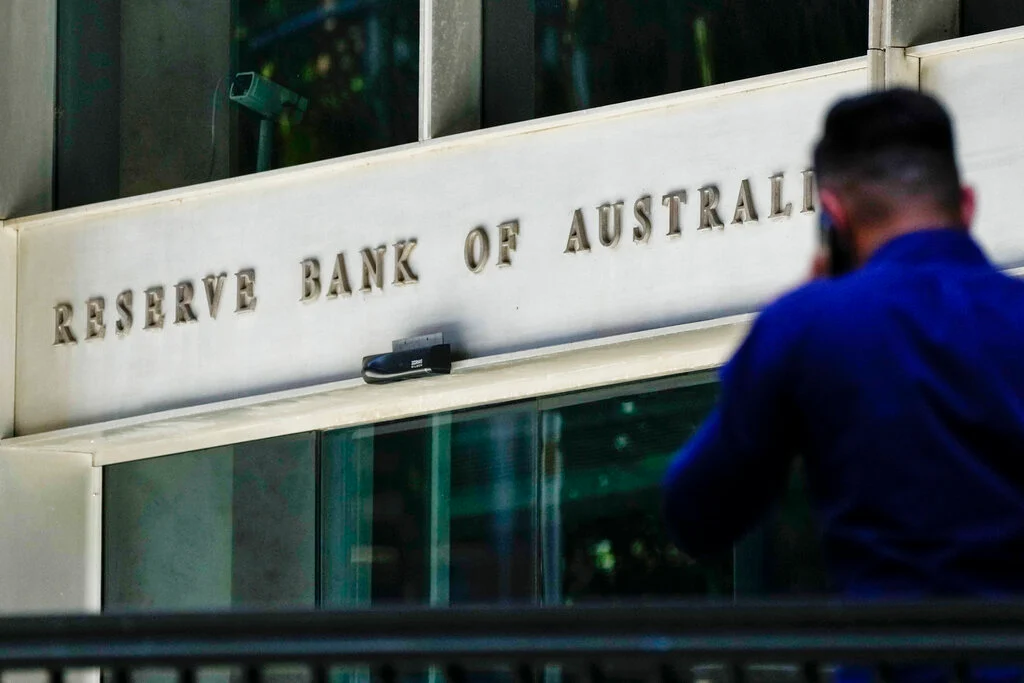NEWS & INSIGHTS | MORTGAGE BROKERS | PALM CAPITAL
The Cost of Refinancing
Although specific expenses may differ depending on your unique situation, there are certain standard costs that you can anticipate. Both the expenses associated with paying off your present mortgage and starting a new one must be considered when refinancing a home.
See below for an outlay of the different kinds of fees and costs you can expect when refinancing your home.

Early Repayment Fees
Borrowers must be mindful of any early repayment costs (ERCs) or exit fees on your present agreement before considering a remortgage, even if it may enable you to lower the amount of your loan and maybe achieve a cheaper rate.
Because you are terminating your current agreement before its term has ended, early termination fees (ERCs) may be assessed. Lenders can charge prepayment penalties to make up for foregone interest payments. Due to the fact that ERCs are often calculated as a percentage of the principal balance, they typically decrease when the loan is paid down.
Verify your existing mortgage agreement for early repayment charges (ERCs) and weigh them against the potential savings from switching to a new mortgage.
The cost might be paid up front or rolled into the principal of your new mortgage. However, if you raise the amount, your loan-to-value ratio will also rise.
Whether you want to know if your existing mortgage has any early repayment fees, you should talk to your lender or a mortgage broker.
The transfer of title deeds from your existing lender to your current attorney may include a “admin charge,” sometimes known as a “deeds release fee,” which must be paid to your existing lender. Your lender and attorney may charge you additional costs, the amount of which varies depending on the specifics of your case.
Booking and Application Fees
Pay close attention to your mortgage arrangement cost, often known as a product fee, booking fee, or application fee. Keep in mind that certain mortgages may seem to have incredibly low interest rates, but the hefty fees still make them more costly in the long run, so you should always pay close attention to the costs when selecting a mortgage.
The arrangement fee may often be paid at the outset, or it can be tacked onto the mortgage balance. If you have already paid the amount in advance and the deal falls through, you will probably not receive a refund. However, interest will be charged if you choose to roll the cost into your mortgage payments.
If you add the cost to your mortgage, however, most lenders will let you make overpayments of up to 10% annually without charging you any fees. To prevent paying any interest on the money you’ve overpaid, it’s a good idea to double-check with your lender to see whether this is a possibility.
Conveyancing and Other Fees
Common with remortgages is a free set of legal services.
The only possible drawback is that the creditor usually chooses the attorney, which might delay down the process.
Note that no free legal package will cover the cost of having a partner added or removed from your mortgage, since this is considered to be a significant amount of labour. Therefore, you should consult your lawyer about this.
Mortgage lenders may also charge you something called a “reservation fee” in order to lock in a discount or a fixed interest rate on your new loan.
This cost is typically paid at the time of application submission and is non-refundable in the event that the acquisition of the property falls through.
More articles:
Helpful resources.
Department of Finance
Australian Government
AFCA
Australian Financial Complaints Authority
Money Smart
Australian Government



